The Star Trek Lawyer That Nearly Got Everyone Sued
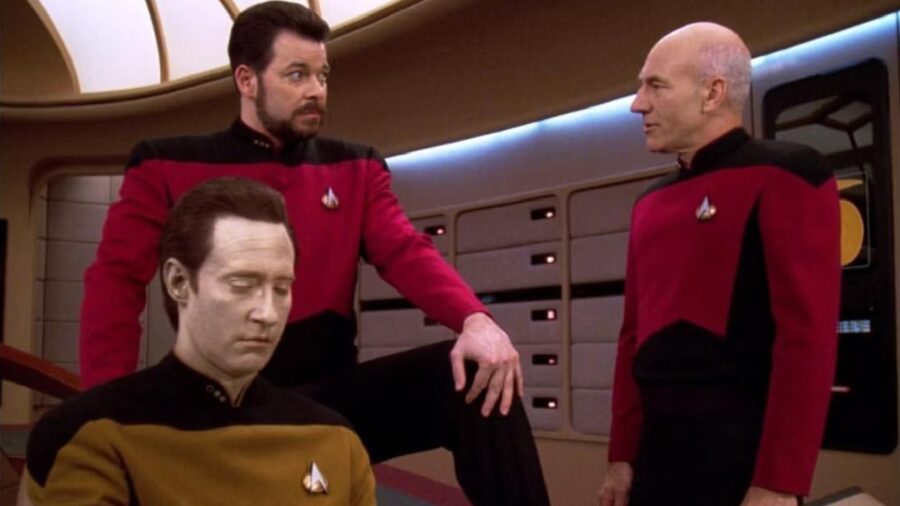
Hardcore Star Trek: The Next Generation fans know that in the early days, the show’s biggest villains weren’t the Ferengi or the Q Continuum…no, the biggest foe was most definitely Gene Roddenberry’s lawyer, Leonard Maizlish.
If we listed everything this guy allegedly did to those working on the show, you’d have as much hair as Captain Picard by the time we’re through. Instead, we’re going to focus on the episode “Too Short a Season” and the time this Star Trek lawyer nearly derailed The Next Generation by getting everyone sued.
Too Short a Season

If the name of this TNG story doesn’t ring a bell, “Too Short a Season” is the episode where an elderly admiral comes aboard the Enterprise to help rescue a Federation ambassador. But along the way, he starts growing younger thanks to overdosing on an age-reversing drug.
When they arrive at the planet, Picard is shocked to discover that the admiral once dealt with a similar situation on this planet by giving a terrorist what he demanded: Federation weapons.
In a truly wild take on the Prime Directive, the admiral also supplied weapons to a rival faction and hoped this would end the conflict quickly. Instead led to forty years of constant war.
Notes On Script?

Aside from the anti-aging bit, this Star Trek episode is a bit forgettable, but Gene Roddenberry’s lawyer Leonard Maizlish nearly made its production unforgettable in the worst possible way.
The script was written by D.C. Fontana, the associate producer, and veteran Star Trek: The Original Series writer. During production, she noticed some handwritten pages of additions that Maizlish told her were written by Gene Roddenberry.
This would have been par for the course…she was accustomed to the Star Trek creator changing her scripts, something he did to the Fontana-written pilot of The Next Generation.
Gene Roddenberry Was Out Of Town
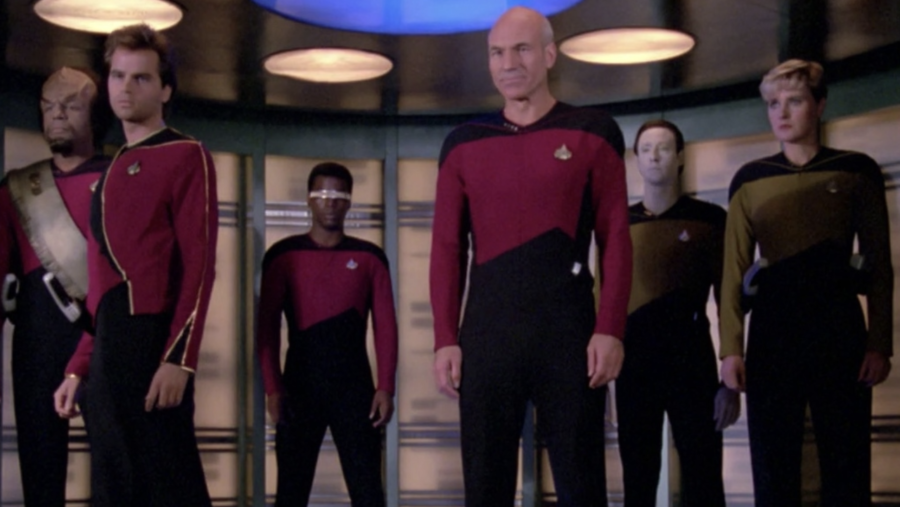
In other words, the Star Trek lawyer’s assertion that Gene Roddenberry had created new lines for “Too Short a Season” seemed very plausible…at first.
However, producer Rick Berman was privy to information that Fontana (who had not yet seen the changes) and others were not. Namely, that Roddenberry had been out of town and would have had no way of suddenly handwriting new dialogue for this episode.
The Star Trek creator’s absence would have been a smoking gun (or maybe we should say “smoking phaser”) in and of itself, but Berman had another reason to suspect Roddenberry’s lawyer was fibbing.
Wesley Crusher In Every Episode?
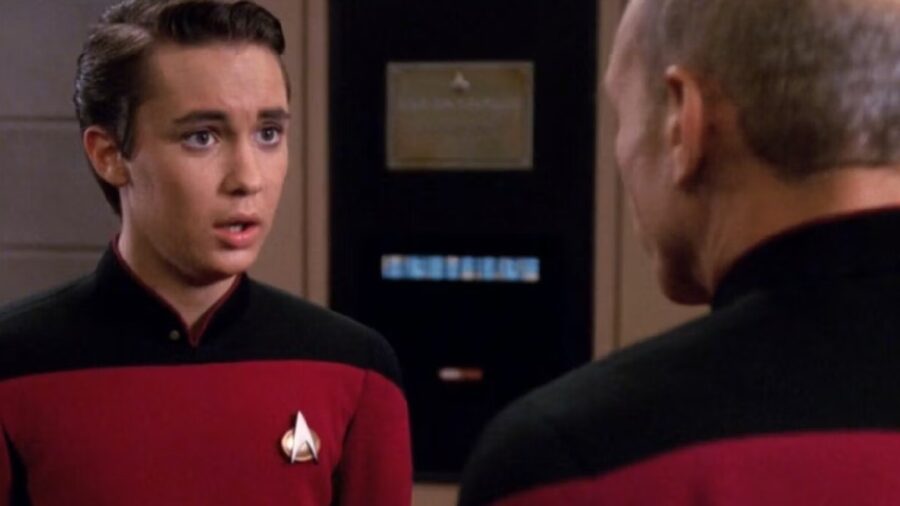
Previously, Leonard Maizlish had expressed that the controversial character Wesley Crusher should be in every episode. Since these new seasons prominently featured Crusher, Berman point-blank asked Maizlish if he had written the scenes.
The infamous Star Trek lawyer was then told by Berman that he couldn’t present these new scenes to Fontana for inclusion in the script.
That should have ended the matter, but the next day, they found one of these scenes in the revised pages as well as numerous other changes that Maizlish had made. Berman, now filled with righteous anger, called Gene Roddenberry and told him both what happened and what very well could happen next thanks to Maizlish.
Could Have Sued Everyone
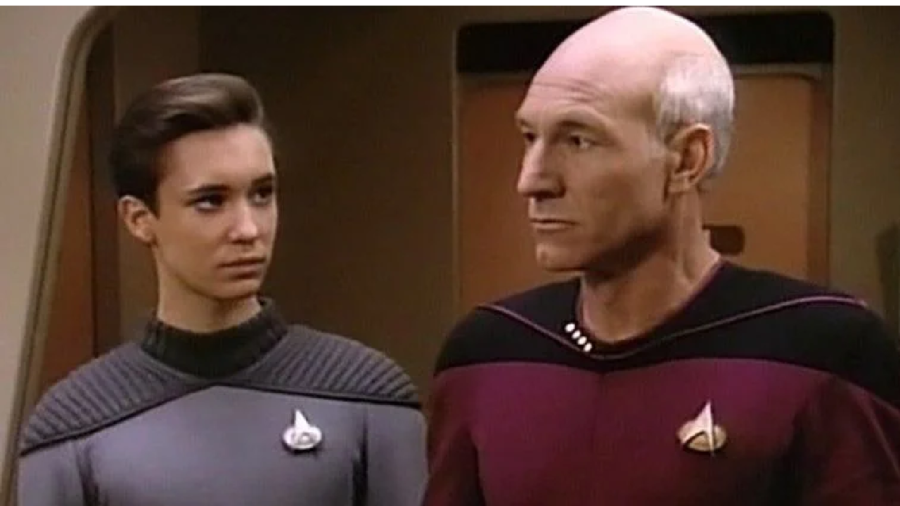
In short, Berman told the Star Trek creator that Fontana was fully within her rights to approach the WGA and sue Roddenberry, Roddenberry’s lawyer, and even Paramount.
Furthermore, a ballsy Berman said that he would completely support her if she decided to take legal action. As a nice little bonus, supervising producer Robert H. Justman called Maizlish and, in the words of Fontana, “ripped him up one side and down the other for having the gall to insert his own material in a script.”
Not The First Overstep
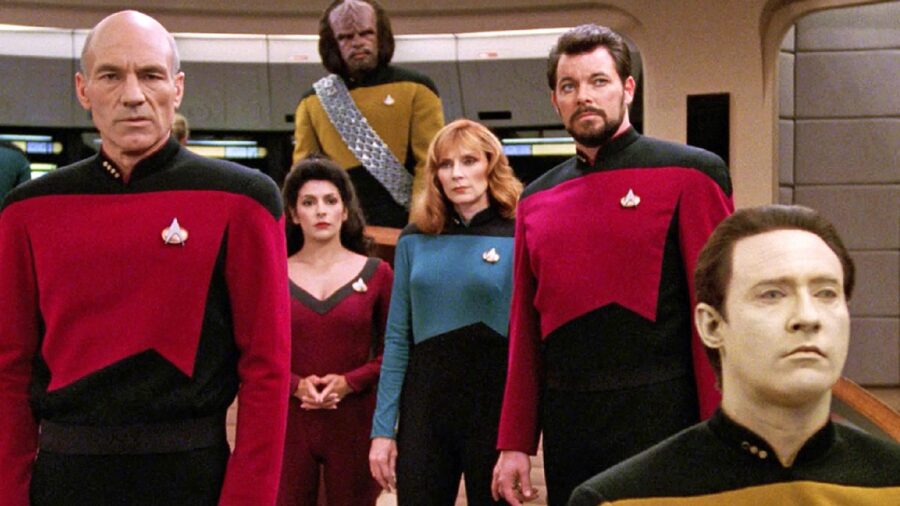
Believe it or not, this wasn’t the first crazy overstep by the Star Trek creator’s lawyer, and it most certainly wouldn’t be the last.
This entire incident is a keen reminder of how adversarial the early days of The Next Generation were, with Roddenberry (still hurt by earlier experiences with Paramount) constantly upsetting writers in an effort to better control the show.
In this case, however, it was his lawyer who was out of control, and it nearly resulted in a lawsuit so big that not even lawyer Picard could talk his way out of it.












